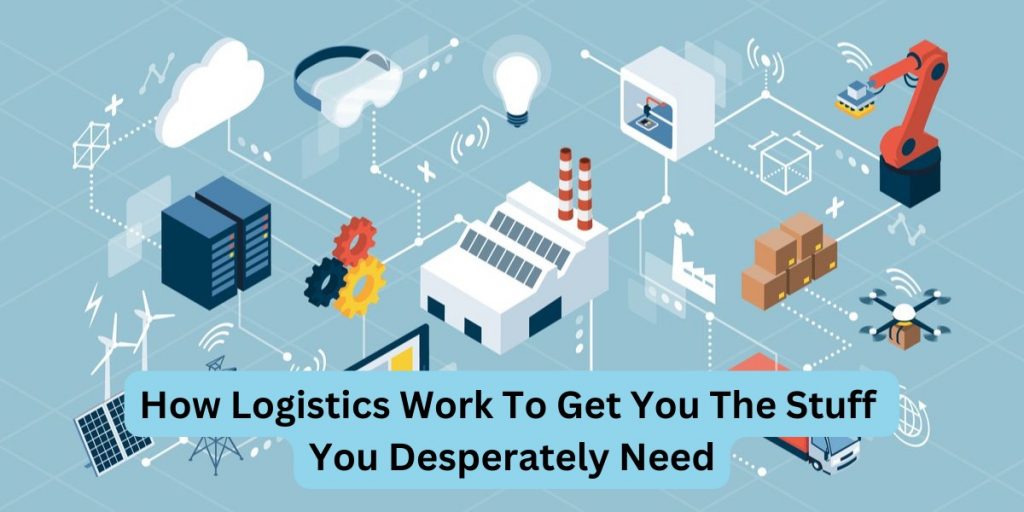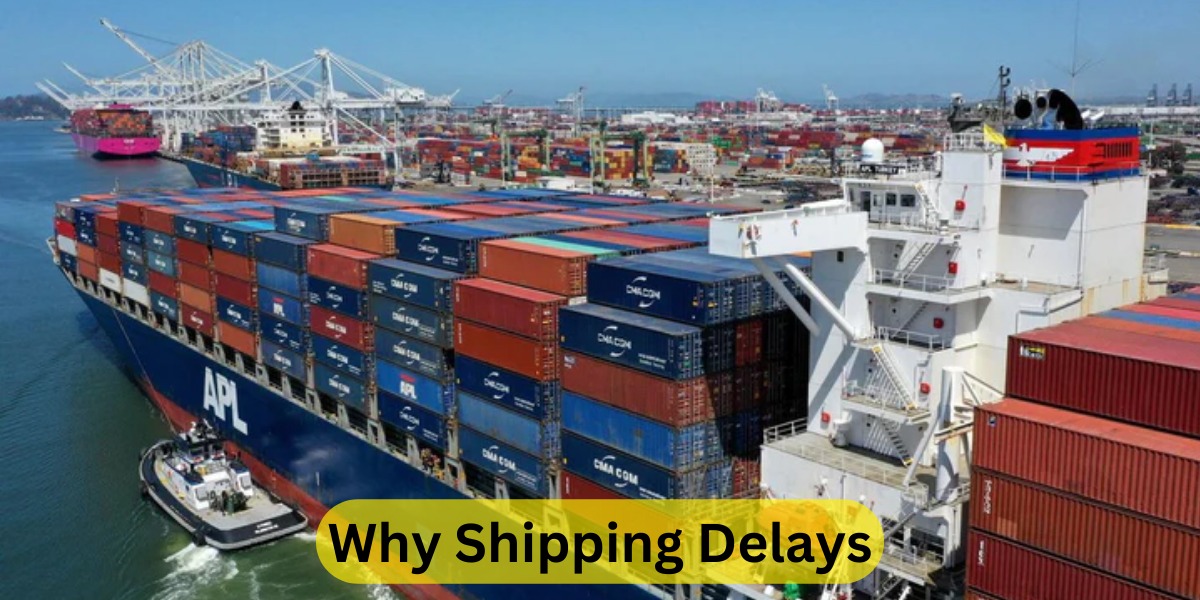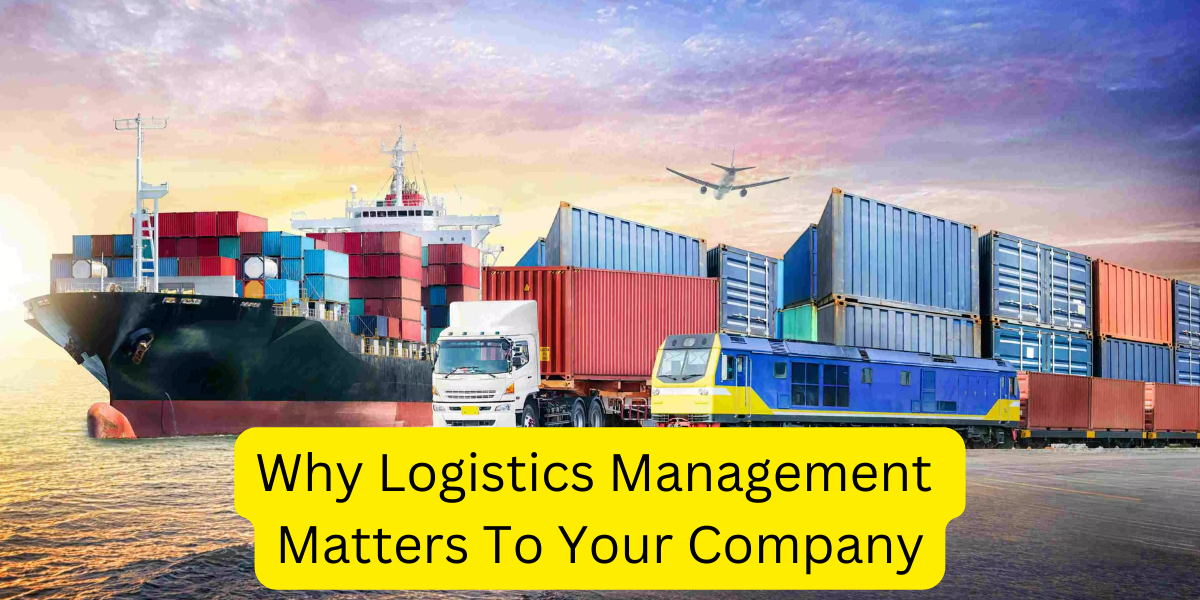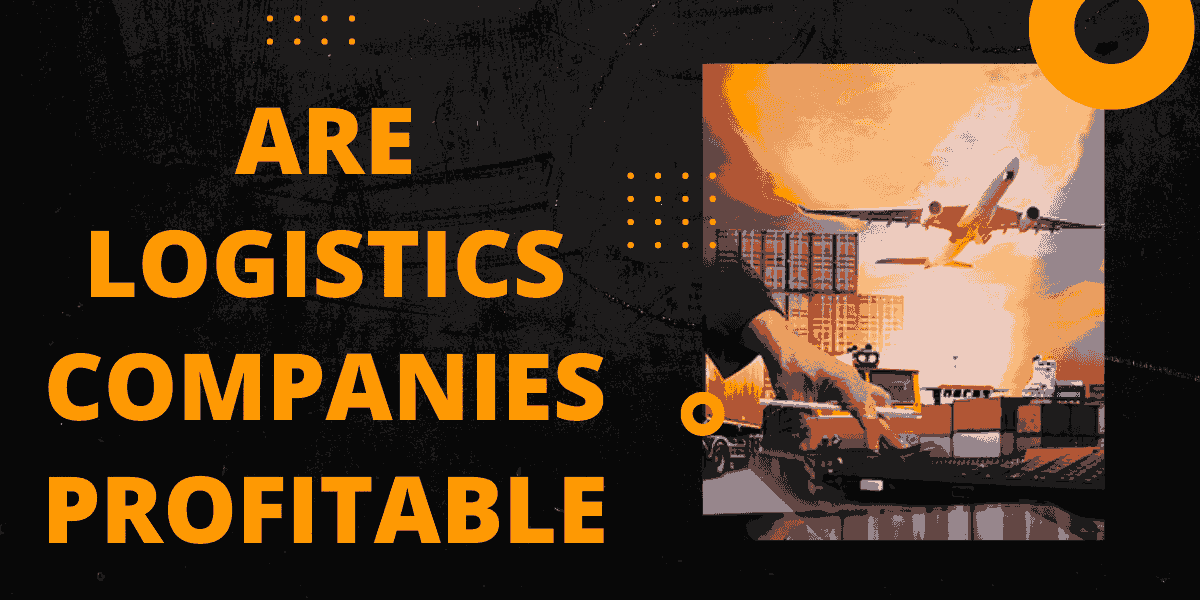How Logistics Work To Get You The Stuff You Desperately Need
We all know what logistics work are: the planning and execution of the transportation and storage of goods. But how does it actually work? And what happens when things go wrong? In this blog post, we will explore the inner workings of logistics and how they manage to get us the stuff we need, when we need it. We will also see what can happen when things don’t go according to plan. So sit back, relax, and enjoy learning about how logistics work to get you the stuff you desperately need.
What is logistics work?
In business, logistics work is the process of managing the flow of resources between the point of origin and the point of consumption in order to meet the needs of customers.
Logistics work includes all aspects of the supply chain, from procurement and sourcing of raw materials, to manufacturing and assembly, to warehousing and distribution. The goal of logistics work is to ensure that goods and services are produced and delivered in a timely, efficient, and cost-effective manner.
The term “logistics” was first coined by the military in the 18th century, when it was used to describe the science of planning and executing the movement and placement of troops and supplies. Today, logistics workhas evolved into a complex field that encompasses everything from transportation and warehousing to information management and customer service.
The different types of logistics work
There are different types of logistics work depending on what is being shipped and where it is going. The most common type of logistics work is transportation logistics, which deals with getting goods from one place to another. This can be done by land, sea, or air. There are also distribution logistics work , which deal with getting goods to the customer, and reverse logistics, which deal with returning goods back to the manufacturer.
The benefits of logistics
Logistics work is the process of planning, implementing, and controlling the efficient, effective flow of goods and services from point of origin to point of consumption. In other words, logistics is all about getting things from one place to another.
There are many benefits to utilizing logistics in your business. Perhaps the most obvious benefit is that it can save you time and money. By streamlining the process of getting goods and services from point A to point B, you can eliminate wasted time and resources.
In addition, utilizing logistics can help you improve customer service. When done correctly, logistics can help ensure that your customers receive their orders on time and in perfect condition. This can lead to increased customer satisfaction and loyalty.
Finally, good logistics can give you a competitive edge over your rivals. By being able to get goods and services to market faster and more efficiently than your competitors, you’ll be able to better meet customer demand and gain market share.
The challenges of logistics
There are plenty of logistical challenges that can arise in any given supply chain. Here are just a few examples:
- 1. Capacity constraints can lead to delays in shipments and backorders.
- 2. Lack of visibility can make it difficult to track shipments and ensure timely delivery.
- 3. Inefficient processes can add unnecessary costs and lead to errors in the supply chain.
- 4. Poor communication can cause confusion and delays throughout the supply chain.
- 5. inadequate resources can limit the ability to scale operations and meet customer demands.

The future of logistics
The future of logistics is looking very promising. With the advent of new technologies, logistics companies are able to provide better and more efficient services to their customers. Here are some of the trends that are shaping the future of logistics:
- Increased use of technology: Logistics companies are increasingly using technology to improve their operations. This includes the use of drones for deliveries, GPS tracking for vehicles, and RFID tags for inventory management.
- Greater focus on customer service: In the past, logistics companies have focused mainly on efficiency and cost-effectiveness. However, in the future, there will be a greater focus on providing excellent customer service. This means offering more personalized services and responding quickly to customer inquiries and complaints.
- Increased collaboration with other businesses: In order to be more efficient and effective, logistics companies will need to collaborate more with other businesses. For example, they may partner with transportation companies to optimize delivery routes or with warehouses to ensure timely and accurate deliveries.
- Greater emphasis on sustainability: As consumers become more conscious about the environment, they will expect businesses to operate in a more sustainable manner. This means that logistics companies will need to find ways to reduce their carbon footprint and waste generation.
How to use logistics in your life
In our modern world, we are increasingly reliant on logistics to get the things we need. From the food we eat to the clothes we wear, everything has to be transported from where it is produced to where it is consumed. This complex system of transportation and distribution is known as logistics.
Logistics play a vital role in our everyday lives, but most of us don’t even realize it. Every time you go to the grocery store, for example, you are relying on logistics to get the food from the farm or factory to the shelves. When you order something online, logistics are responsible for getting it delivered to your door. Even when you go on vacation, logistics are at work ensuring that your luggage gets safely from point A to point B.
There are many different types of logistics systems, but they all share one common goal: to get things where they need to go efficiently and effectively. To do this, businesses use a variety of transportation methods, including trucks, trains, planes, and ships. They also utilize warehouses and distribution centers to store goods and materials until they are ready to be shipped. Get more category post visit.
The term “logistics” can also refer to the people who work in this field. Logisticians are responsible for planning and coordinating the movement of goods and materials. They use their knowledge of transportation systems and supply chain management principles to ensure that goods arrive at their destination on time and in good condition.
If you’re interested in a career in logistics,




